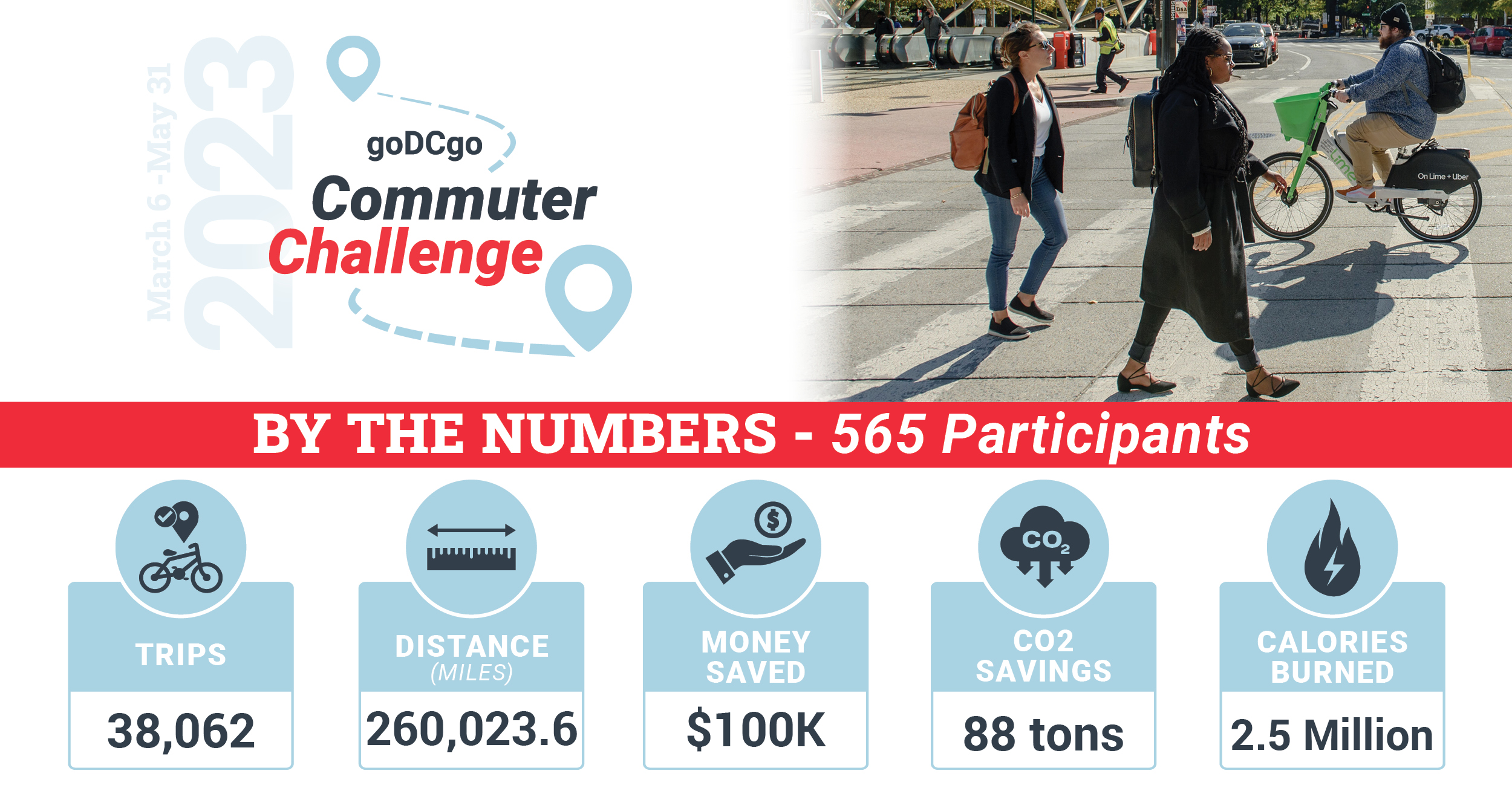Read the latest report from the UK's Four Day Work Week trial published Feb 2023
As many employers have transitioned back to the worksite, the four-day work week has become a popular topic. In fact, the number of ZipRecruiter jobs that mention four-day work weeks is up 67% this year. This comes as no surprise to employers watching the trends, as 66% of US workers report wanting to work fewer than 5 days a week, and 85% approve of moving to a four-day work week. In addition to the four-day work week’s favorability among employees, there are many pilots occurring globally in the United Kingdom, New Zealand, and some in the United States that are showing the four-day work week is beneficial for companies and management; reporting increases in productivity, greater ability to attract and retain talent, and improvements in company loyalty.
What is a Four-Day Work Week?
A four-day work week refers to four eight-hour workdays totaling 32 hours a week with a three-day weekend. Although it’s up to the company, most four-day work weeks operate Monday through Thursday, with Friday through Sunday being the weekend.
Four-Day Work Week vs Compressed Schedule
Many confuse the concept of a four-day work week with a compressed schedule. A compressed schedule is where the employee still works 40 hours a week, but those hours are compressed to four working days of 10 hours each. While this schedule may work for some, many employees experience decreased productivity, work-life balance, and overall happiness with a compressed schedule. However, when companies stick to standard eight-hour workdays and operate only four days a week, productivity is maximized, stress is reduced, and overall morale improves.
The Impact of a Four-Day Work Week
73% of managers currently think that a four-day work week would be too complicated to manage; that may be true for many industries like factories, medical facilities, and retail. However, for many office-based jobs, the impacts of a four-day work week are beneficial and far reaching. Management may find that a shorter week has a positive impact on productivity, talent acquisition, overhead costs, and surpasses the challenges of changing the status quo.
Increase Productivity
Many managers think that the more hours logged the more productive their employees are, but studies have proven that this line of thinking just isn’t true. In fact, some of the world’s most productive countries like Norway, Denmark, Germany, and the Netherlands work on average 27 hours a week.
Microsoft Japan tested a four-day work week by giving their entire 2,300 person staff five Friday’s off in a row without decreasing pay. As a result, the company increased productivity by 40%. But it’s not just Japan; Perpetual Guardian, a New Zealand based estate planning company, saw a 20% increase in employee productivity, 27% reduction in work stress levels, and 45% boost in employee work-life balance during their four-day work week trial. Additionally, a worldwide study of four-day work weeks found employees used 62% fewer sick days.
Attract and Retain Talent
Research shows that 63% of businesses found it easier to attract and retain talent with a four-day work week. This is no surprise when you consider that 66% of US workers want to work less than five days a week but only 17% of employers offer a four-day work week. When employers offer a competitive benefit like a four-day work week, they’re able to attract the best talent in their industry.
On top of the obvious appeal a four-day work week brings, there are other long-lasting benefits to working four days a week including a 38-45% reduction in stress, an increase in happiness for 78% of employees, and a 45% increase in work-life balance. These factors all help reduce burnout and keep employees loyal to their company. A Perpetual Guardian study found that switching to a four-day work week resulted in a 20% increase in employees’ commitment to their employer—a win for employees and employers!
Studies show that a four-day work week eliminates 20% of variable overhead expenses, such as electricity to keep the lights on, gas to heat the office in the winter, office supplies, and janitorial services. Additionally, employers can save thousands of dollars on the transportation benefits they offer, such as employee parking and public transportation costs.
Reduce Carbon Footprint
For employers looking to reduce their carbon footprint, a four-day work week could be exactly what they need. A 2021 report by the Four Day Week Campaign in the United Kingdom revealed that a four-day work week could shrink the country’s carbon footprint by 21.3%, the equivalent of taking 27 million cars off the road. These reductions occur mainly from reduced electricity use, heating/cooling costs, and eliminating one day of commuting a week.
Eliminate the Commute One Day a Week
The four-day work week also has significant impacts on commuting. By eliminating 20% of their potential commute trips, employees avoid expenses, recoup time lost to commuting, and eliminate any pollution their daily commute may generate.
Implementing a Four-Day Work Week
The four-day work week aims to maximize productivity, reduce burnout, and help organizations stay focused on objectives—it certainly doesn’t hurt that employees get a three-day weekend as well. This isn’t just happening abroad; DC employers are also beginning to adopt the four-day work week. The National League for Nursing launched their organization-wide four-day program in 2021 and have had great success with their policy. Why not join the movement and offer your employees the flexibility and free time that comes with the four-day work week? Browse our tips below to get started.
Prepare Your Culture:
- Shift mindset and culture from hours to productivity.
- Encourage unplugging and disconnecting so employees can enjoy their new day off instead of feeling on call.
- Make meetings shorter or eliminate them altogether so employees can spend their 32 hours a week focused on their tasks and projects.
Prep for Success:
- Get leadership on board. Present leadership with Four-Day Work Week statistics and create a proposal.
- Communicate with internal and external partners.
- Run a pilot program.
- Define goals and metrics such as cost-savings, work quality, stress levels, productivity, happiness, absenteeism, turnover, etc.
- Educate employees on rules and expectations.
- Assess the impacts and present to leadership.
Need help getting started? goDCgo’s Employer Services team can help you create your four-day work week proposal and get leadership on board. Schedule a meeting with us to get started.








